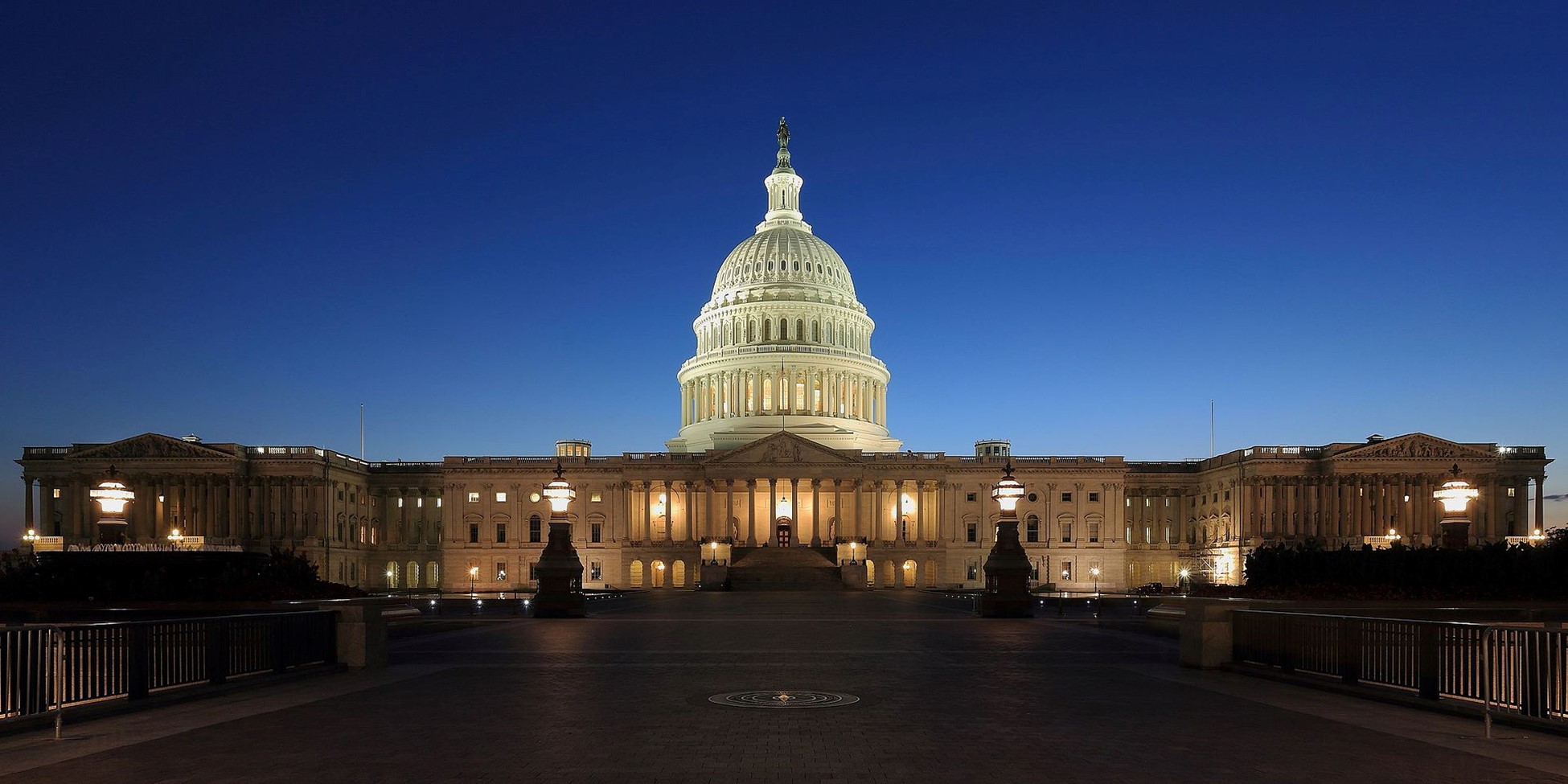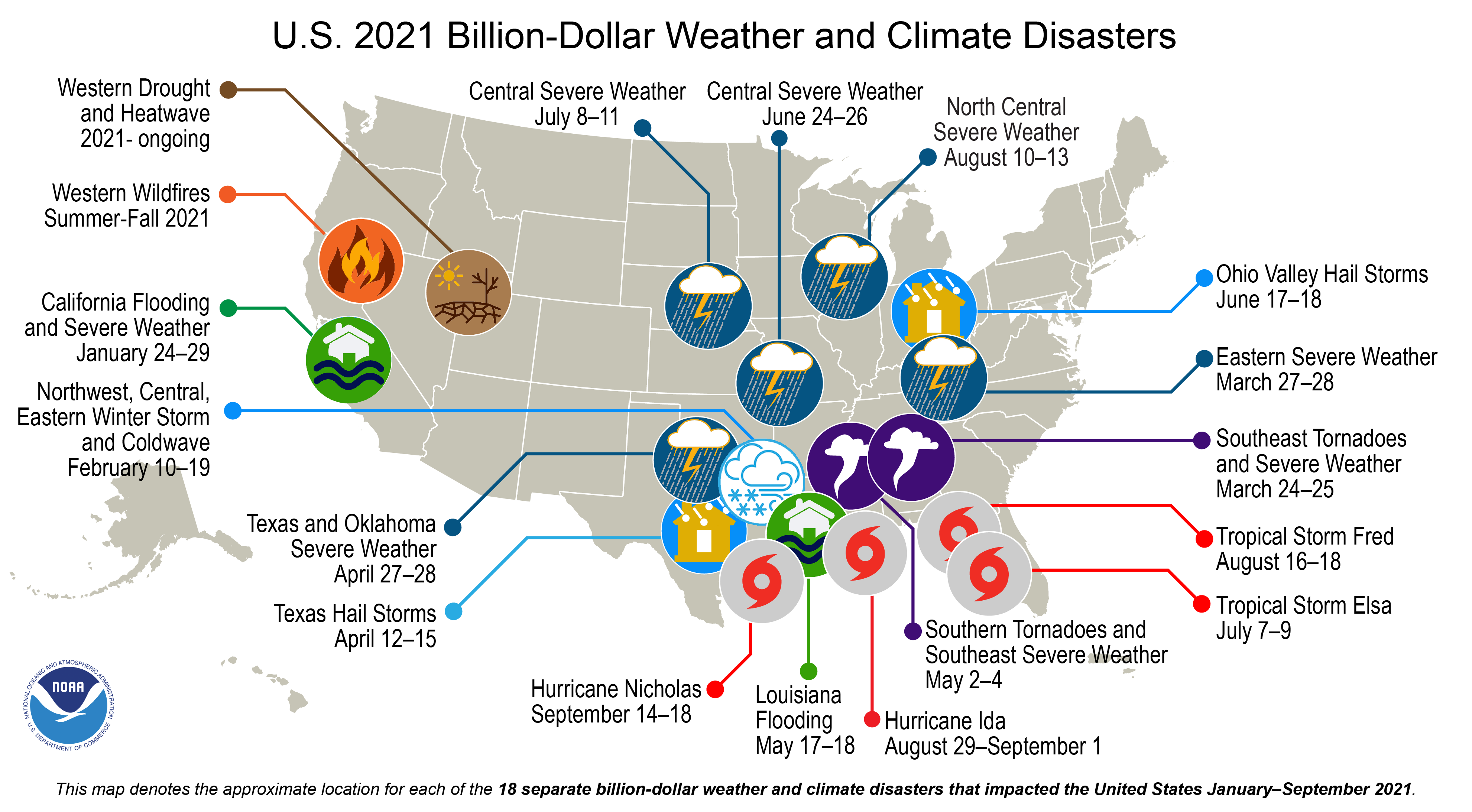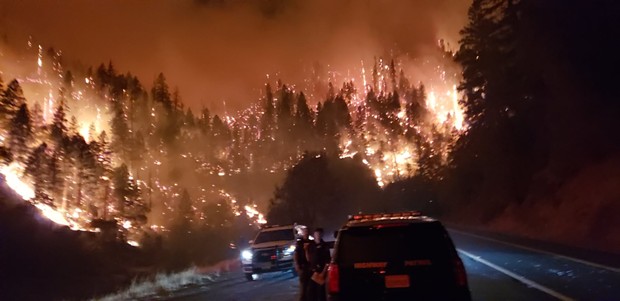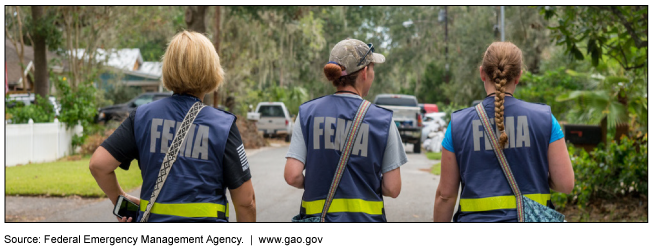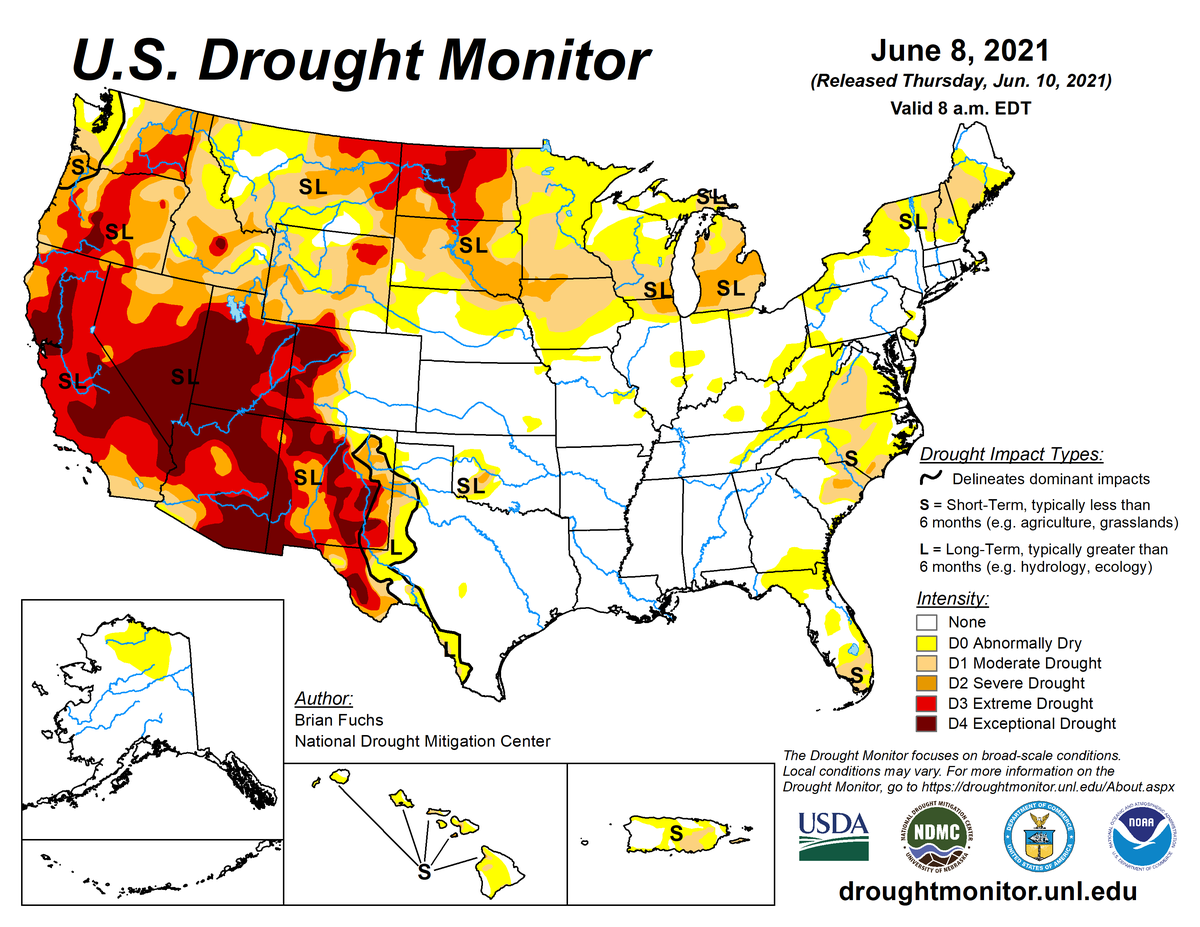Disaster Law
The ‘Year of Climate’ in International Courts
Guest contributor Rebecca Hamilton previews several opinions that touch on the question of the international legal obligations of States in light of the climate emergency.
“The Year of Climate in International Courts” by guest contributor Rebecca Hamilton was originally published on Just Security This year promises to be the ‘Year of Climate’ in international courts and tribunals with opinions slated to be coming down from the European Court of Human Rights, the Inter-American Court of Human Rights, the International Tribunal …
Continue reading “The ‘Year of Climate’ in International Courts”
CONTINUE READINGRecentering Environmental Law: A Thought Experiment
If we had understood then what we know now. . . .
In 1965, scientists sent LBJ a memo mentioning the risks of climate change. Imagine if history had been a little different. Suppose it had been this memo and a follow-up report, rather than Rachel Carson’s attack on pesticides, that sparked the environmental movement. How would environmental law look different and how might we be thinking about …
Continue reading “Recentering Environmental Law: A Thought Experiment”
CONTINUE READINGClimate Rides the Omnibus
The year-end law gives a boost to climate-related spending
The omnibus spending bill is by no means a “climate law.” Because it spans the entire government, though, it has many provisions relating to climate change. They aren’t dramatic step forward. But the fact that they can pass as part of a bipartisan spending law is a sign of how climate change is slowly becoming …
Continue reading “Climate Rides the Omnibus”
CONTINUE READINGWildfires and the Grid
Wildfires are huge problem in California. Maybe we can learn from those on the other end of the Pacific.
California and Australia are 8000 miles apart, but it turns out they have similar wildfire problems. And in both cases, the electric grid and climate change are part of the equation. The problems in California and the rest of the West are familiar to many readers. Though they don’t necessarily get much attention in the …
Continue reading “Wildfires and the Grid”
CONTINUE READINGCost-Benefit Analysis and Deep Uncertainty
How should agencies take into account “the things we know we don’t know”?
Since 1981, cost-benefit analysis (CBA) has been at the core of the rule making process. OIRA, the so-called “regulatory czar” in the White House, must approve every significant regulation based on a review of its CBA. But CBA has had a major blind spot. It embodies techniques for analyzing possible harmful outcomes when the probability …
Continue reading “Cost-Benefit Analysis and Deep Uncertainty”
CONTINUE READINGClimate Adaptation Moves Toward Center Stage
There’s an increasing bipartisan move to fund climate resilience.
The big news today is the deal with Manchin to provide billions of dollars of funding for clean energy. Manchin’s vote will be needed because no Republican Senator will vote for the bill. In contrast, funding for climate resilience has drawing power even for Republicans. It seems to be true that, in Bob Dylan’s words …
Continue reading “Climate Adaptation Moves Toward Center Stage”
CONTINUE READINGRisky Business
Climate Change and the Insurance Sector
Founded in 1871, the National Association of Insurance Commission represents insurance regulators in all fifty states. It’s not a particularly woke group – the current president is the Director of the Idaho Department of Insurance. However, the group has just issued a new “voluntary” survey for insurance companies about climate risks. “Voluntary” is in quotes …
Continue reading “Risky Business”
CONTINUE READINGWildfires, CEQA, Climate Change & the Courts
Recent Court Decisions Halt Building Projects, Invalidate CEQA Reviews for Failing to Assess Wildfire Hazards
Environmental and conservation groups have for a number of years attempted to convince California courts of the need to integrate climate change considerations into environmental analyses prepared under the state’s most important environmental law, the California Environmental Quality Act (CEQA). However, the California judiciary has demonstrated little appetite for doing so. Until now. Recently, courts …
Continue reading “Wildfires, CEQA, Climate Change & the Courts”
CONTINUE READINGRescuing FEMA (and ourselves)
FEMA needs to grow in order to handle its work. The need for growth will only get greater as time goes on.
2021 was a year of disasters, with extraordinary heat waves, fires, a string of hurricanes, a cold snap that left Texas in the dark, winter tornados, and torrential rains. FEMA has been left badly overstretched. That’s an urgent problem, and it’s likely a foretaste of the future. This is not just a problem for the …
Continue reading “Rescuing FEMA (and ourselves)”
CONTINUE READINGFacing Up to Reality
More frequent heat waves. Droughts. Wildfires. The West is getting a glimpse of its future climate.
The western U.S. is staring climate change in the face. Most of the West is experiencing “severe” or “exceptional” drought. We could be heading into the worst drought period in centuries. Major dam reservoirs are down to record low levels. The region is also in the grips of a record-breaking heatwave. We can expect another …
Continue reading “Facing Up to Reality”
CONTINUE READING





